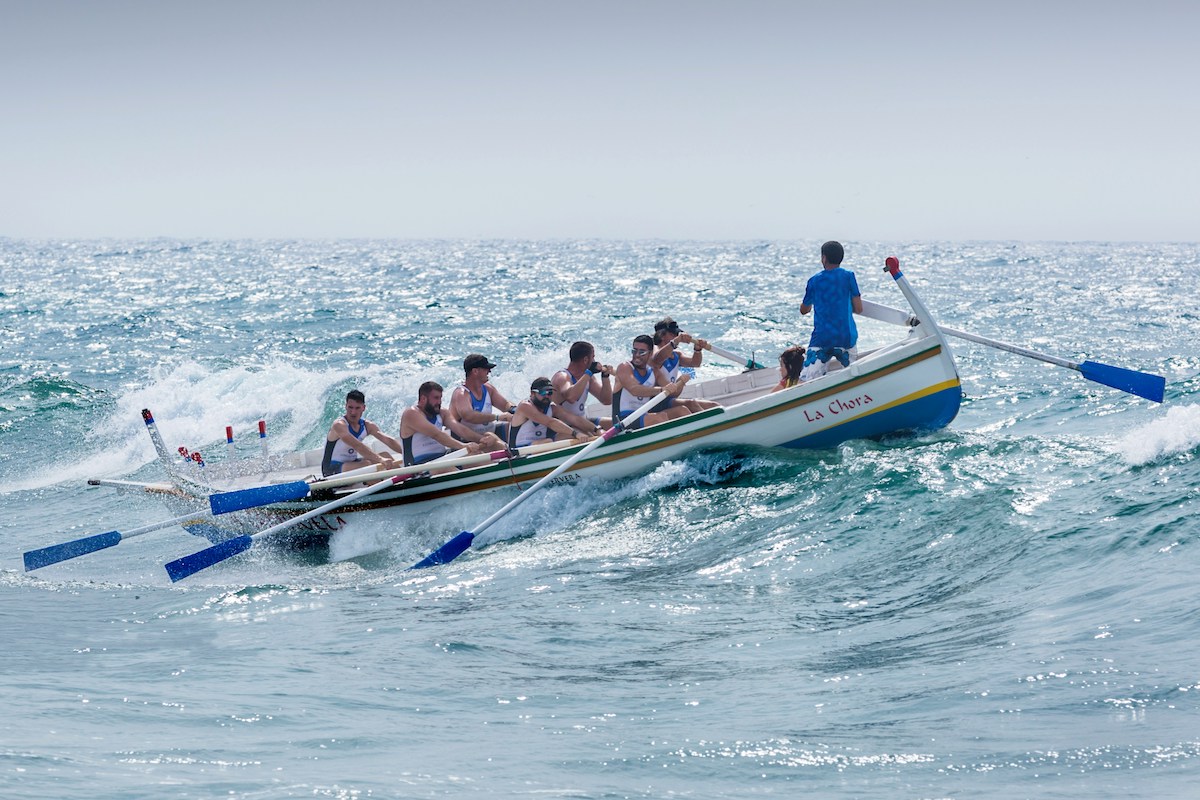In sports, success is often attributed to the collective efforts of the team. However, behind every victorious team lies the guidance and leadership of coaches and captains. These figures play pivotal roles in shaping team dynamics, motivation, and performance. From strategic planning to fostering team cohesion, coaches and captains wield significant influence on the outcomes of sporting endeavors.
Leadership and Direction
Coaches serve as the architects of a team’s success, providing strategic direction and tactical guidance. Through their expertise and experience, coaches devise game plans, analyze opponents, and implement training regimens tailored to enhance players’ skills and capabilities. Moreover, they instill a sense of discipline and accountability among team members, ensuring adherence to standards of excellence both on and off the field.
Similarly, captains assume leadership roles within the team, acting as liaisons between players and coaches. Captains embody the team’s values and ethos, motivating their peers through words and actions. Their ability to communicate effectively, inspire confidence, and lead by example fosters a culture of unity and purpose within the team.
Motivation and Inspiration
Coaches and captains play instrumental roles in fostering a positive and motivational environment conducive to peak performance. Coaches employ various motivational strategies, such as goal-setting, constructive feedback, and reinforcement of achievements, to inspire players to perform at their best. By recognizing individual strengths and addressing areas for improvement, coaches empower players to overcome challenges and strive for excellence.
Captains, too, contribute significantly to team motivation by cultivating a culture of resilience and determination. Their unwavering commitment to the team’s objectives and unwavering support for their teammates serve as sources of inspiration during demanding times. Through their leadership on and off the field, captains galvanize team spirit and instill a collective belief in achieving success against all odds.
Strategic Decision-Making
In the heat of competition, the ability to make sound decisions swiftly can be the difference between victory and defeat. Coaches are responsible for formulating strategic plans that capitalize on the team’s strengths while exploiting opponents’ weaknesses. Whether it’s adjusting tactics mid-game or making crucial substitutions, coaches must possess keen tactical acumen and the ability to adapt to evolving circumstances.
Similarly, captains play a pivotal role in on-field decision-making, serving as extensions of the coach’s strategy. With a deep understanding of the game and intimate knowledge of their teammates’ capabilities, captains make split-second decisions that can influence the course of a match. Their strategic insights and leadership under pressure are invaluable assets in navigating the complexities of competitive sports.
Communication and Cohesion
Effective communication is the cornerstone of successful teamwork, and coaches and captains serve as primary conduits for conveying information and fostering cohesion within the team. Coaches communicate strategic objectives, provide tactical instructions, and offer constructive feedback to players, ensuring clarity of purpose and alignment of efforts.
Captains, meanwhile, facilitate communication among teammates, fostering a culture of open dialogue and mutual respect. By serving as mediators during conflicts, offering encouragement during setbacks, and celebrating successes, captains strengthen bonds within the team and cultivate a sense of belonging. Their ability to unite individuals with diverse backgrounds and personalities into a cohesive unit is instrumental in achieving collective goals.


